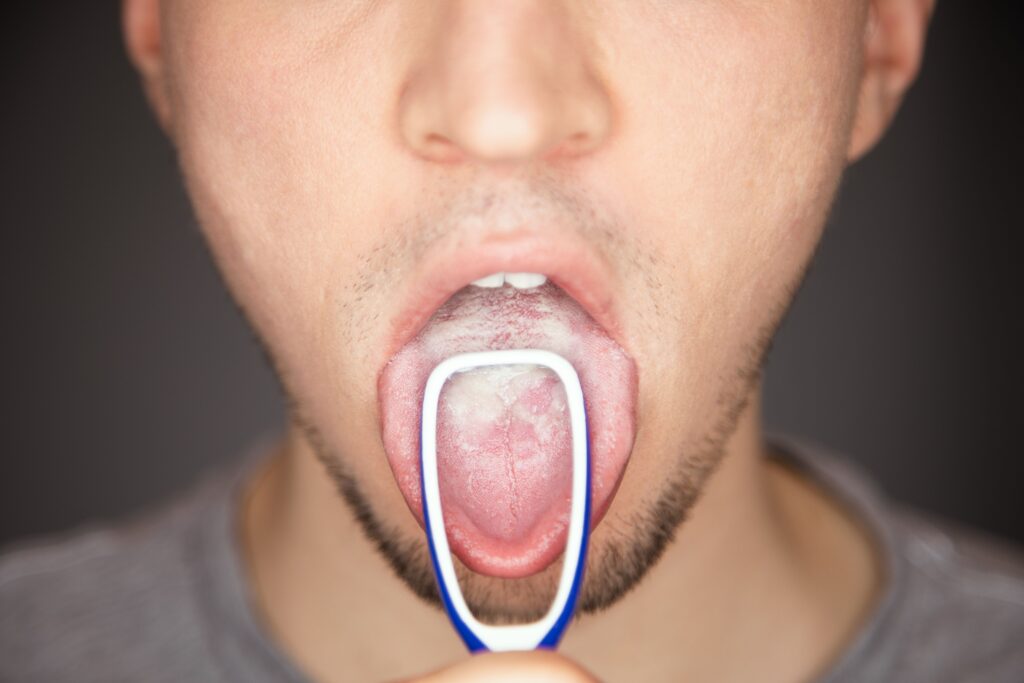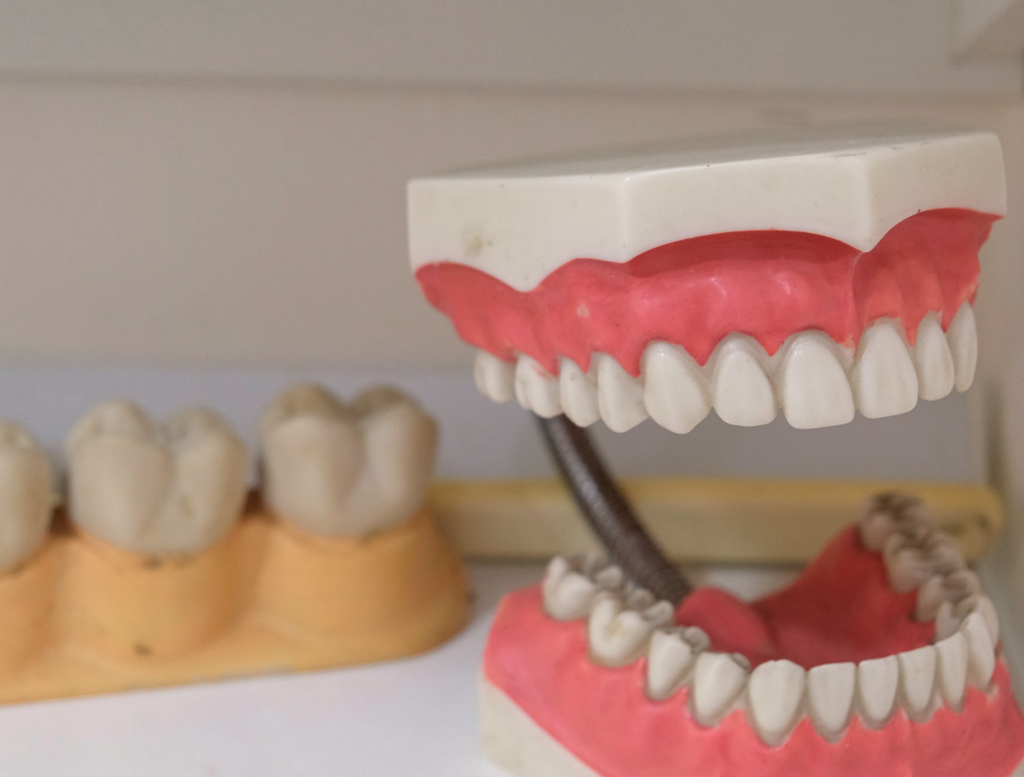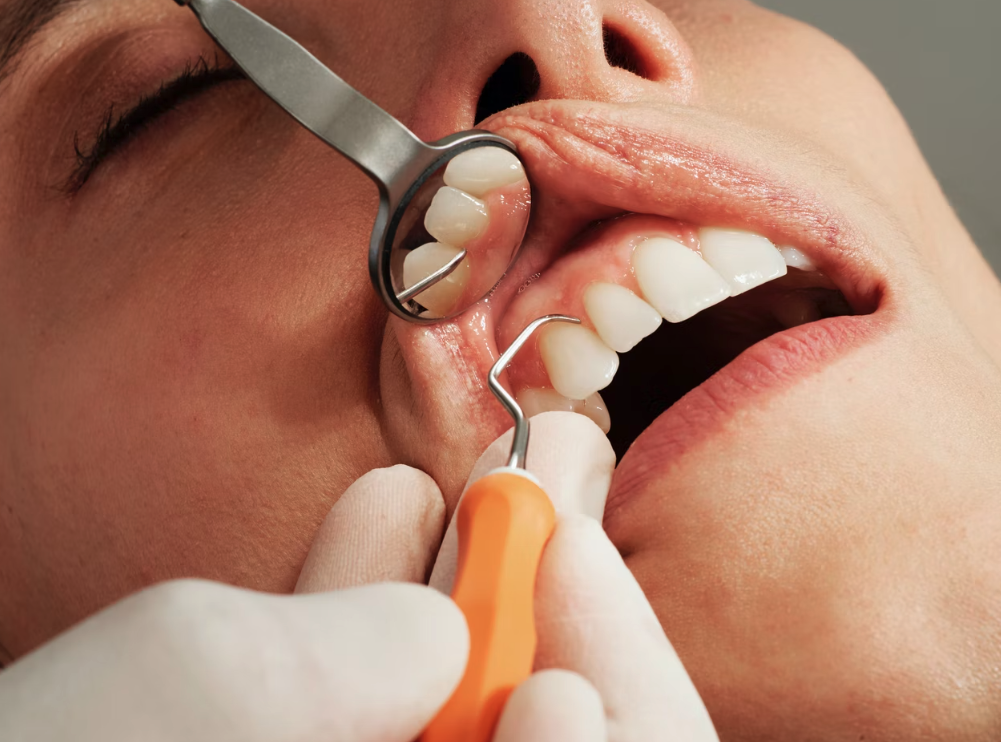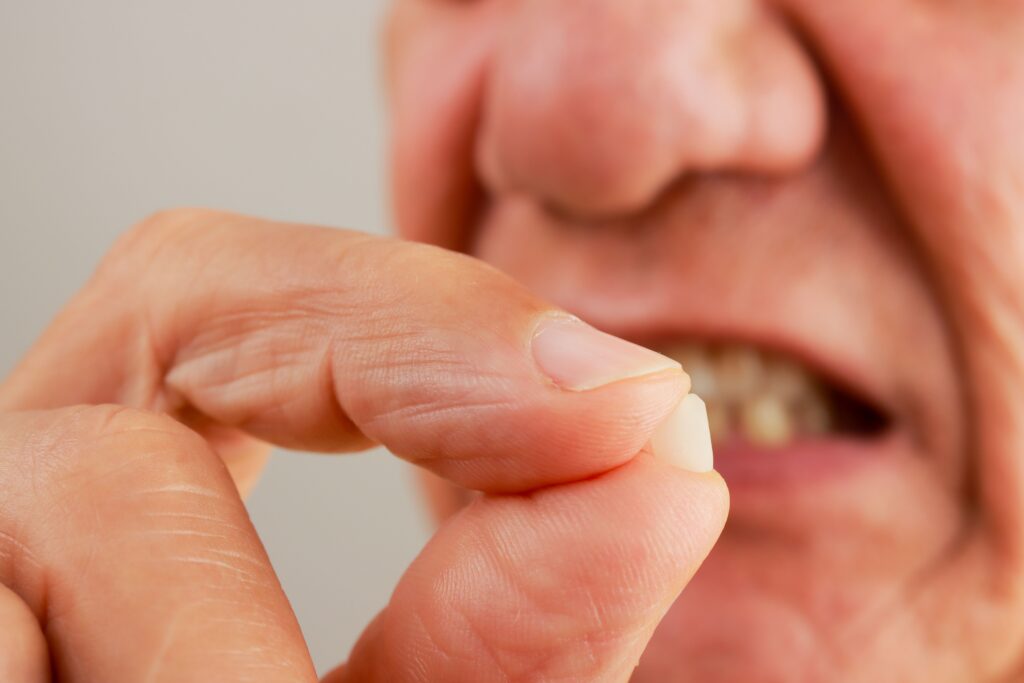The influence our oral health has on our quality of life often goes unnoticed until something goes wrong. From essential activities like eating and speaking to those magical moments where we find ourselves lost in a romantic kiss, our mouths play a key role in how we feel and interact with others on a daily basis. An unexpected disturbance by a canker sore can cause mouth pain and general discomfort.
Canker sores begin to appear as early as age 10, and can occur at any point in a person’s life. They only appear inside of the mouth, and about one in five people get them on a regular basis.
Canker or Cold Sores
It’s common for canker sores to be confused with cold sores. If you are wondering whether you have a canker sore or a cold sore, look at the location. Canker sores are always found inside the mouth. Cold sores can appear outside the mouth, around the lips, chin, and nostrils. Also, while canker sores appear as small open sores that are yellow or white, cold sores appear as red, fluid-filled blisters that typically occur in groups. Unfortunately, contrary to canker sores, cold sores are contagious.
Signs of a Canker Sore
The following are signs you may have a canker sore:
- A tingling sensation
- Small red bumps
- Red bumps turn into an open lesion that is white or yellowish
- Lesion can be up to half an inch long
- Lesion is not accompanied by swollen lymphs or fever
Risk Factors for Canker Sores
Certain conditions increase your risk for, and lead to the development of, canker sores. While in most cases it’s difficult to identify what led to a canker sore, the most common causes are:
- Viral infection
- Stress
- Hormonal fluctuations due to menstruation, pregnancy, and menopause
- Food allergies
- Vitamin and mineral deficiencies
- Compromised immune system
- Mouth injury
The Good News!
There is some good news about canker sores: They aren’t contagious! While there is some indication that canker sores run in families, you can’t pass them to another person by sharing food or kissing.
Diagnosis and Treatment
Canker sores can be diagnosed with a visual exam. If you suffer from a severe break-out, or if your doctor thinks you may have a hormonal imbalance or immune-system disorder, they may choose to take a biopsy or run some blood tests.
Once a mouth sore has been diagnosed as a canker sore, treatment typically involves letting them heal on their own while taking steps to alleviate the discomfort. Over-the-counter pain relievers like ibuprofen and acetaminophen alleviate the discomfort associated with canker sores. While the sores are present, you will want to avoid hot or spicy foods and food that can scratch the inside of your mouth. For sores that take longer to heal, there are topical medications that help relieve and protect them.
Laser Therapy for Cold and Canker Sores
Another method is laser treatment for cold sores and canker sores. A photonic laser energy is used to destroy the active virus responsible for the oral lesions. It is accomplished quickly and comfortably without the need for anesthetic. Often those who seek treatment at the first signs of the virus (tingling and light burning sensations) don’t develop sores at all. However, if sores have already erupted, the progression is stopped with laser therapy, and the appearance and discomfort are greatly decreased. You will feel immediate relief, and if the sore has already broken out, the lip will return to normal in a matter of days — not the usual two weeks or more without treatment.
Have a canker or cold sore? Find relief by reaching out to Family Tree Dental. Based on what you describe, we’ll help determine what home remedy is best for you.








